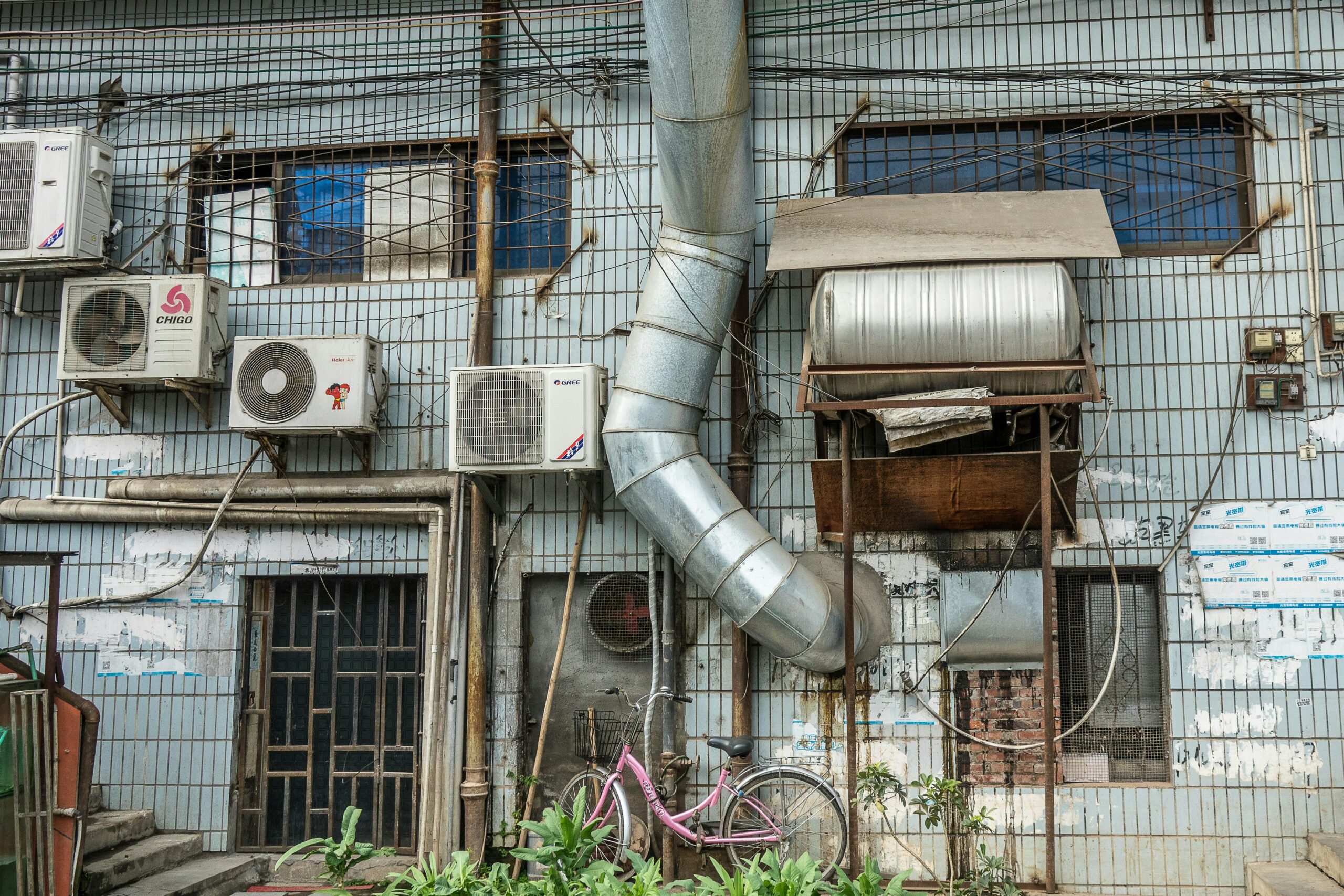Serving The Wasatch Front Area
Back to Blog
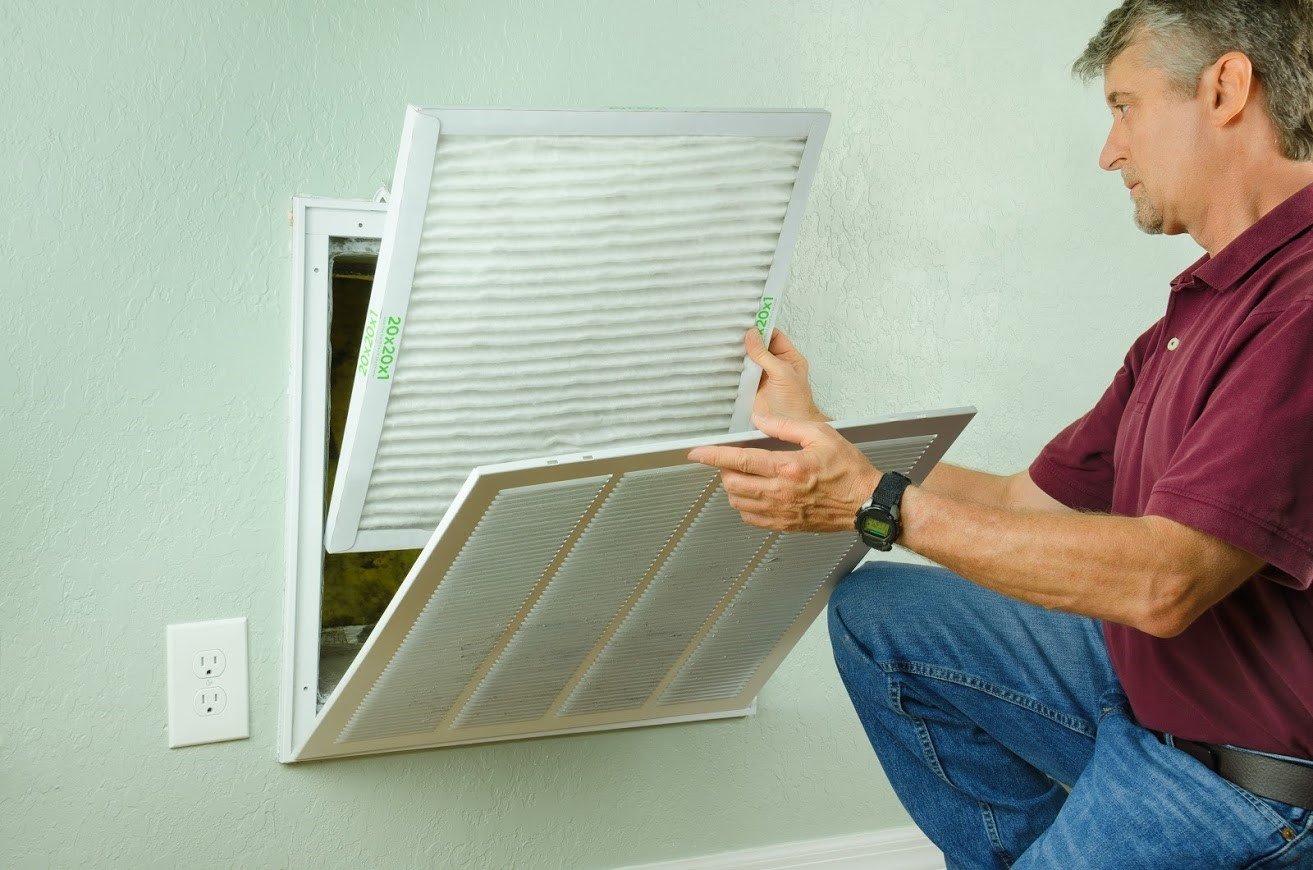
Air Conditioning Filters: Which Is the Best For You?
June 25, 2021
Indoor air quality is a significant concern in every home because HVAC systems can either accentuate or minimize your respiratory issues. With the right air conditioning filter, you receive clean air, minimize air contaminants, and significantly improve your home’s air quality.
Follow us into the discussion as we look at the five different types of air conditioning filters you can use in your home.
For easier understanding, we will rank the filters according to their MERV rating. This form of classification was created by the American Society of Heating and Refrigerating and Air Conditioning Engineers.
The Minimum Efficiency Reporting Value (MERV) rates filters according to how well the filter can trap pollutants from as large as 10 microns to as small as 0.3 microns and the ratings range from 1 (poor) to 20 (high).
HEPA Filters
The EPA has stated that high-efficiency particulate air (HEPA) filters are a type of pleated mechanical filter since they can trap 99.97 percent of air contaminants. In addition, they can remove the most penetrating particle size as small as 0.3 microns and filter the most airborne allergens and pollutants.
Their MERV rating ranges between 17 to 20, meaning they can trap small particles, including bacteria and viruses.
As exemplary as they are, HEPA filters can’t filter gases, wood fumes, or odors. Moreover, most of these filters can’t be added to existing HVAC systems.
Pleated Filters
A pleated filter is a generalized term for a group of filters where polyester or cotton clothes are folded together like an accordion with an angular or triangular design that runs laterally. The best thing about pleated filters is that they provide a wider surface area to trap pollutants, which increases their efficiency.
Pleated filters have a MERV rating of between 5 to 13 which means they’re very efficient at filtering air contaminants and an excellent choice if you have respiratory problems. They can capture particles between 3 and 10 microns and approximately 50 percent of all small particles. Lastly, because they’re made from fabric, they’re reusable and washable.
UV Filters
UV filters use short wave ultraviolet light (UV-C light) to eliminate airborne pathogens like bacteria, viruses, mold spores, and mildew. This technique is called UV germicidal irradiation, where as soon as air passes the HVAC systems, the lamps kill or disinfect these microorganisms. Luckily, the UV filter is available as freestanding filters or installable kinds, which you can add to pre-existing HVAC units.
On the downside, the UV filter has a MERV rating of 11, so it’s not as efficient as the HEPA filter. Additionally, these filters can convert oxygen into ozone which can be a health hazard.
Electrostatic Filters
The fourth kind we will discuss is the electrostatic, washable, or disposable filter. This filter features small cotton and paper fibers that create a static charge that acts as a magnet and traps dust particles as soon as they enter the HVAC unit. The filter has many variants, but generally, the filter has a MERV rating of between 3 to 8, so they’re more efficient than fiberglass filters.
Electrostatic filters are affordable and easy to install into your HVAC units, but they don’t trap small particles like mold spores or bacteria, nor do they trap gases. But on the plus side, you can dispose of or clean them as much or little as you’d like.
Fiberglass Filters
Fiberglass filters are the most prevalent options on the market. The fiberglass is layered together to trap minimal amounts of dust particulates and allergens including large particulates that are 20 microns. Additionally, they have a MERV rating of between 1 and 4; hence they’ll do very little to improve your indoor air quality.
Bottom Line
Air filtration is essential in every home because everyone wants good indoor air quality. From the above discussion, you can see that if you have respiratory problems, the best kind of filters are HEPA, UV, and pleated filters, as they have the highest MERV rating. Nonetheless, all these filters do filter some air contaminants.
For more information about indoor air quality or air filters, reach out to Comfort Solutions
today.
today.
Recent News
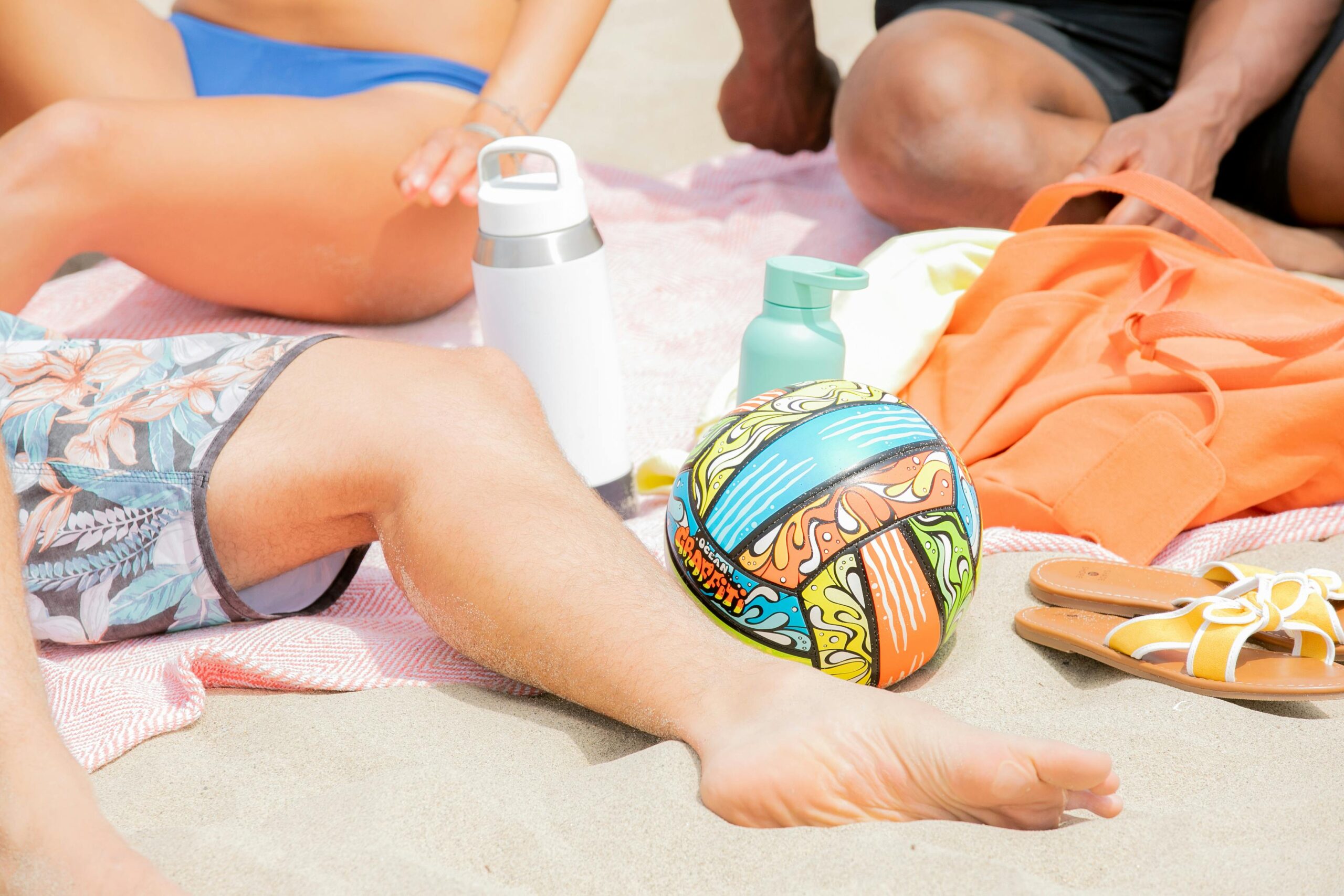
How to Stay Cool During the Summer Heat
April 21, 2025
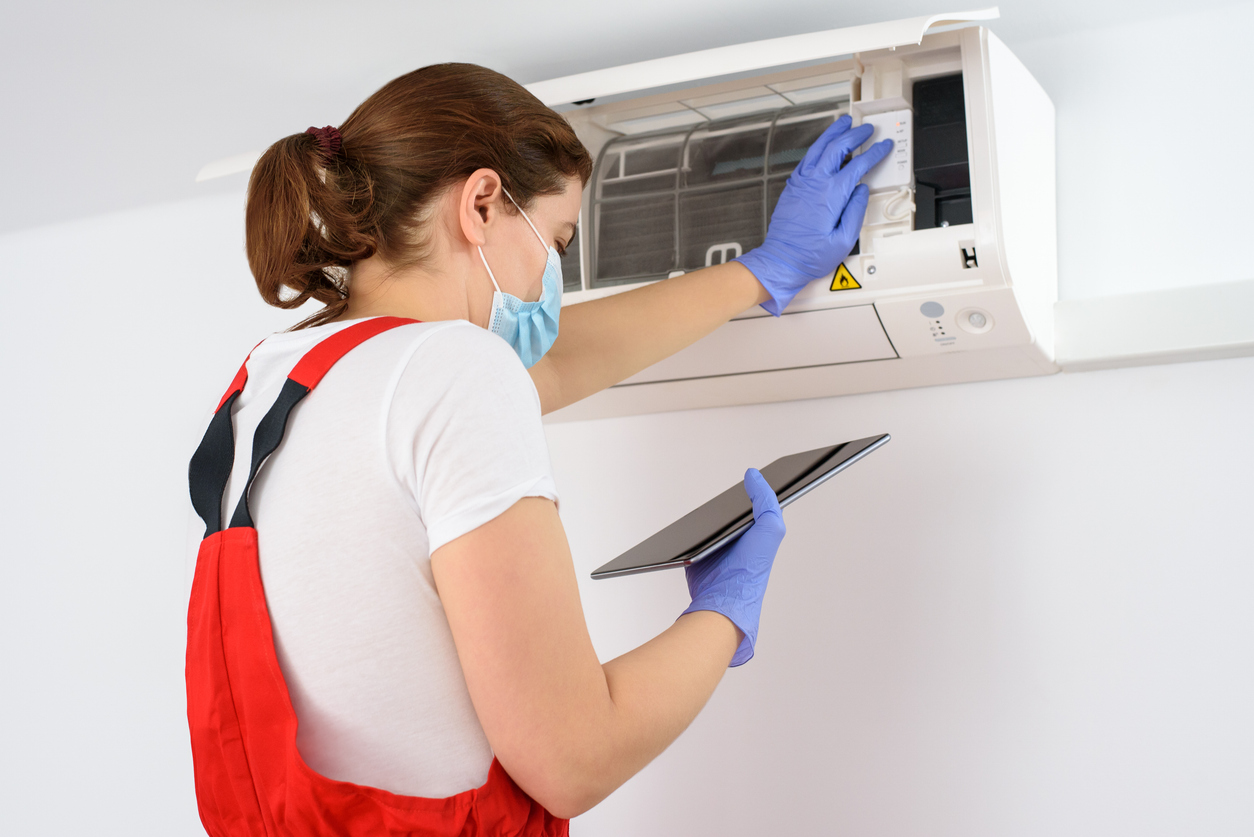
When to Upgrade Your AC Systems: Benefits & More
February 25, 2025
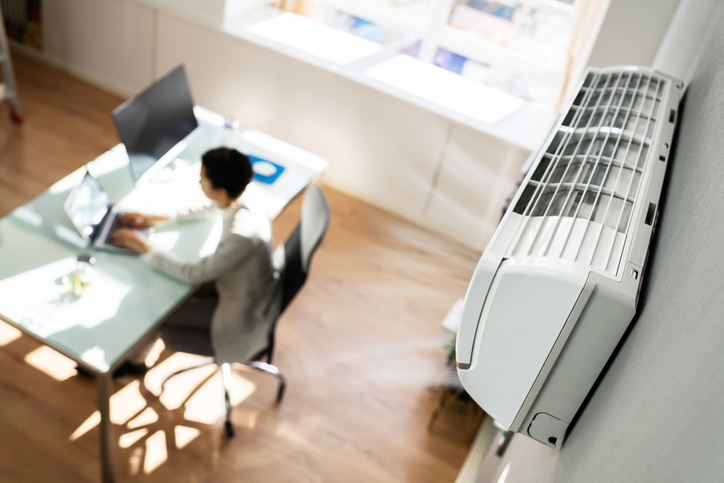
Why Remote Workers Should Upgrade Their HVAC
February 10, 2025
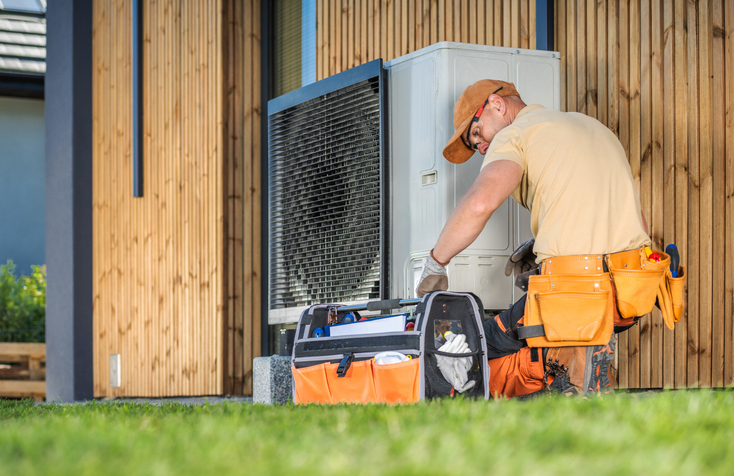
Common Home Heating, Furnace Repair & Replacement Myths
February 7, 2025
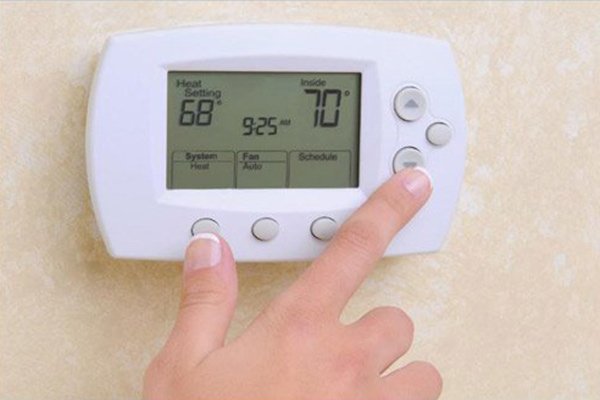
Keep Your Fireplace and HVAC Systems Running Strong All Winter
December 6, 2024
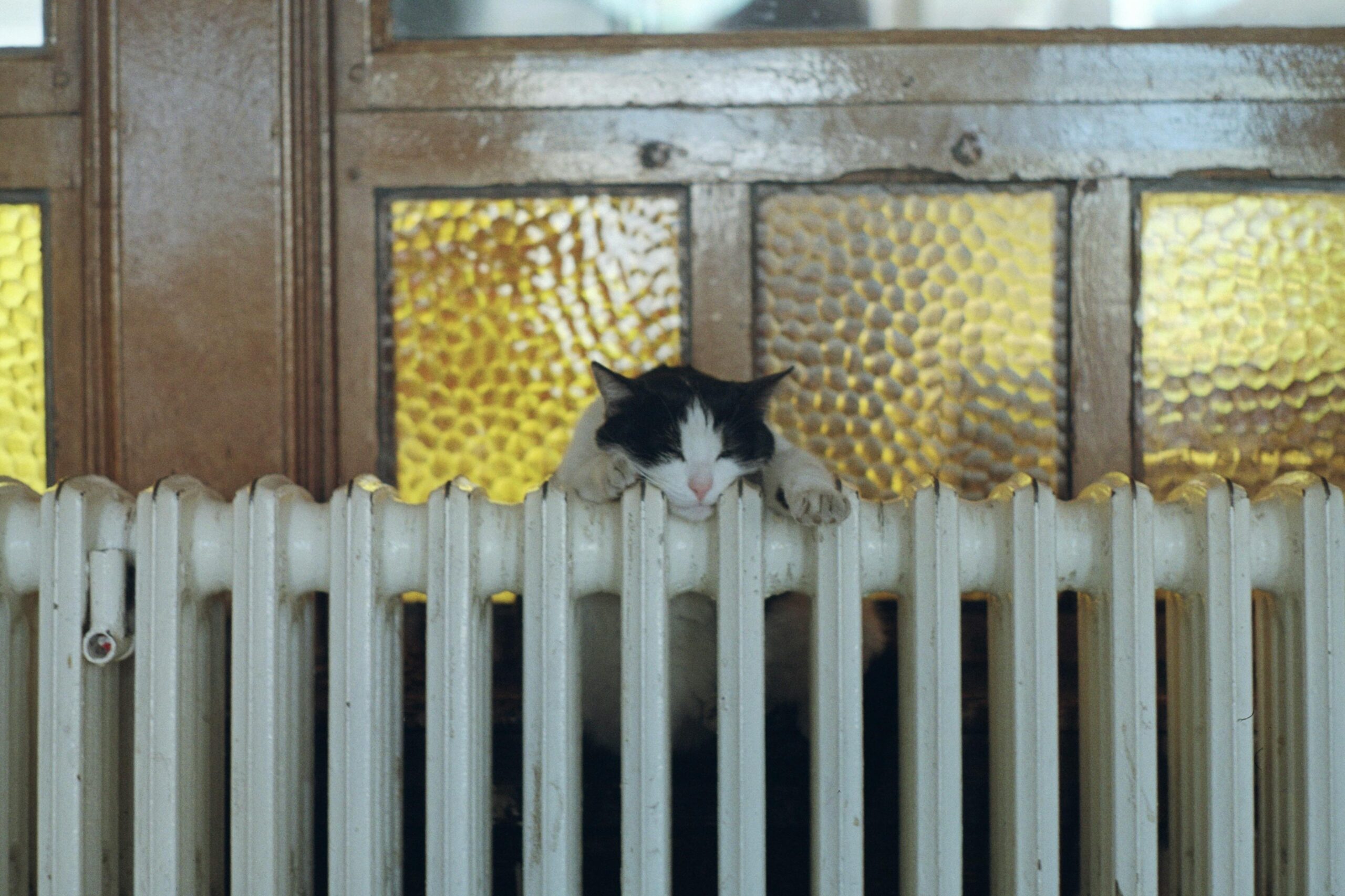
Your Comprehensive Heating Guide: Installation, Repair, Efficiency & More
September 18, 2024
